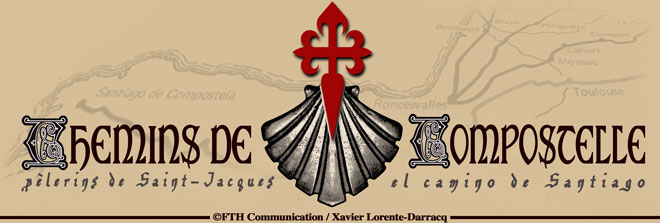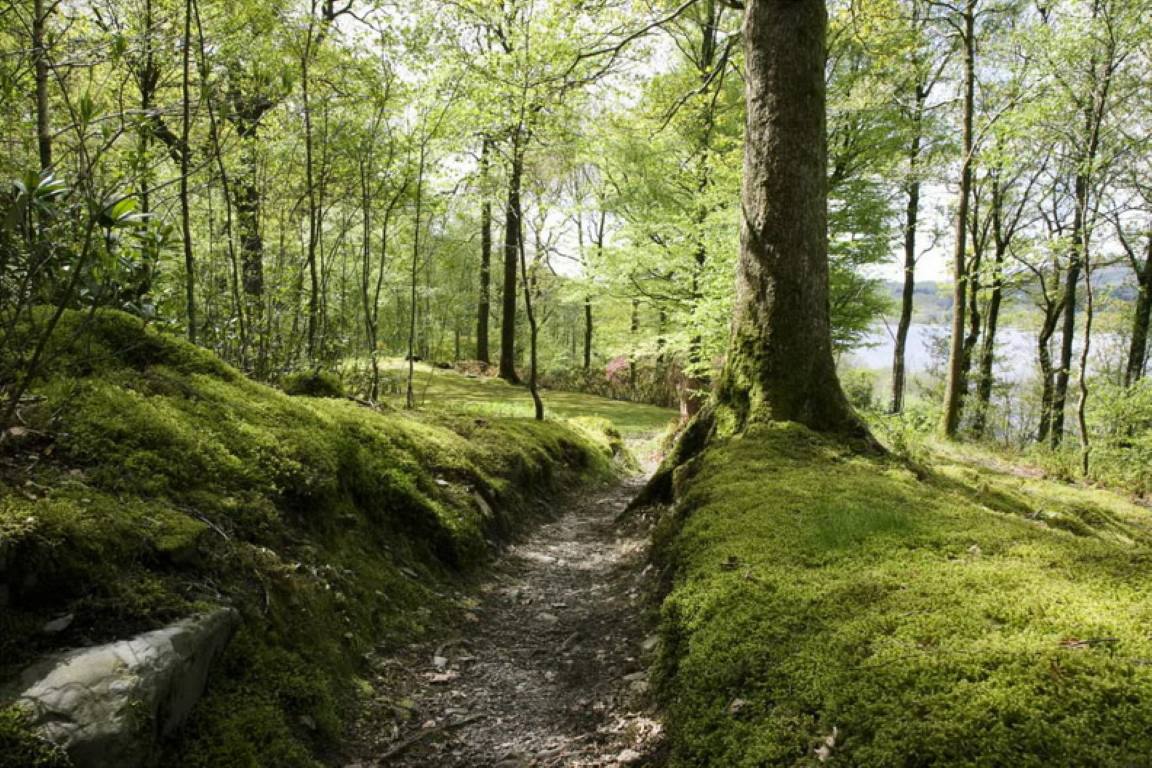C'EST LA VIE - THAT'S LIFE
Living in France for 3 months with Jeannine & Roger

Sers 27th April
As we got home late from our expedition yesterday we lazed around home and then in the afternoon went back to Sers to complete our two failed caches. One down and one as yet unresolved, but we still treated ourselves to a raspberry Macaroon (see yesterday's post).
Taste of France comes from our lunch and not the Macaroon, below is a picture of what you get when Roger is trusted to go to the non-English speaking butcher without his glasses, a Terrine or chunky pate with no name, but it had red specks (Ed – the butcher and I discussed the weather and current political situation in France; the pate was as ordered and the red bits were piment/chilli).
We didn’t learn any new French words today but we did learn when shopping at Super U patience is a virtue. 2 days in a row the lady has made a mistake entering our purchases and because checkout operators can’t be trusted to void the item and re-key it you have to wait 10-15 minutes for somebody to come and clear it, I was worried the cream in my macaroon was going to curdle, which is why I ate it in the car-park. As there was no new town and history learned today, following is some information on French laws regarding forests and land. Significant to us because we are renting one of those properties and because yesterday two of our caches were on protected land and walkways, as were previous caches.


France has centuries more history than New Zealand, which they are proud of and like to protect whether it be agricultural, structural, prehistoric or natural, but most of all they are extremely protective of their spiritual history. Unfortunately France has had trouble maintaining a lot of their structure history; as they see it they have been unfairly picked on by the Romans, the Vikings, the English, non-Catholics and parties to the World Wars. However France is a victim of itself, as the French Revolution destroyed a fair bit of France and they didn’t protect themselves very well in the World Wars. Although most wars have been fought (as Roger’s believes) over or because of religion and women, wars were also fought over territory, kingdoms and realms.
France has spent millenniums trying to protect its lands and control of them and is still doing so. Therefore they have a lot of restrictions in place about what you can do with your land and who can own it. The property we are staying at is an old farm, passed down through the generations. In France you can’t disinherit your children, so if you die all your children must benefit from the estate. Therefore farms get left to multiple children who either sell them to their siblings, lease them out or sell their share, but only if the laws allow, because as in NZ you must prove economical or productive use will continue. This results in lots of small properties, but insures French heritage continues.
So you inherit 10 acres with a forest or as the French say ‘woods’ on it and you think, cool free firewood. Wrong, France is very protective of its green environment, particularly woods. There are so many laws governing what you chop down, how much you can chop, who actually owns it and what you can grow. You can take wood from Public lands as long as you comply with the ‘affouage’, cutting rights of the governing Council. Selling the wood is also covered extensively by law and as France has a lot of old buildings with fireplaces there is a fair bit of it going on. Piles of cut wood on the side of the road and in the forest is common, there are no signs saying who owns it; you don’t take it unlawfully but ring a local dealer and he will supply. I guess you can view before you buy as some people are very particular about the age and type of wood. There are restrictions on the felling of Oak trees; those truffles need to grow somewhere and there are a lot of Cognac barrels to make.
The next problem with inheriting some country land and thinking you can have exclusive rights to it is the right of the Government to protect France’s spiritual history. Centuries ago people walked everywhere, particularly those on a pilgrimage to Jerusalem (the Holy land), on a crusade or to Rome or France wherever the Pope was situated. We constantly come across the Chemin de Saint Jacque from the middle ages, known in English as the Way of St James. I won’t bore you with the details about the walk but if one of the many pilgrimage trails crosses your land you have to protect it, allow it to be marked with appropriate signs and allow the public access to it. Spiritual people still walk the trails in their entirety, others of us for caches or to walk off a macaroon (or two). The trails are marked with information boards as per the photo, gold emblems on stone paths and blue signs on walls with a gold sun. The property we are staying on apparently has a pilgrimage trail and an old Roman path going through it, bad luck for privacy, good luck if you find an artefact.
So our French landlady inherited a rural property along with a lot of siblings, she has to maintain it as a productive unit, all the farm buildings and the chateau have a considerable maintenance upkeep in terms of dollars and hours, she has to provide access to the walkway, she can’t take the wood without restrictions and cost, she has to pay tourist tax if she charges foreigners for staying and she has to leave it to her children when she dies. In other words she is a slave to a money pit that she has no control over, that’s life in France.
Jeannine & Roger
A couple of people who decided to try living in France for three months, to absorb some of the culture and to try a diet of Baguette, cheese and wine.